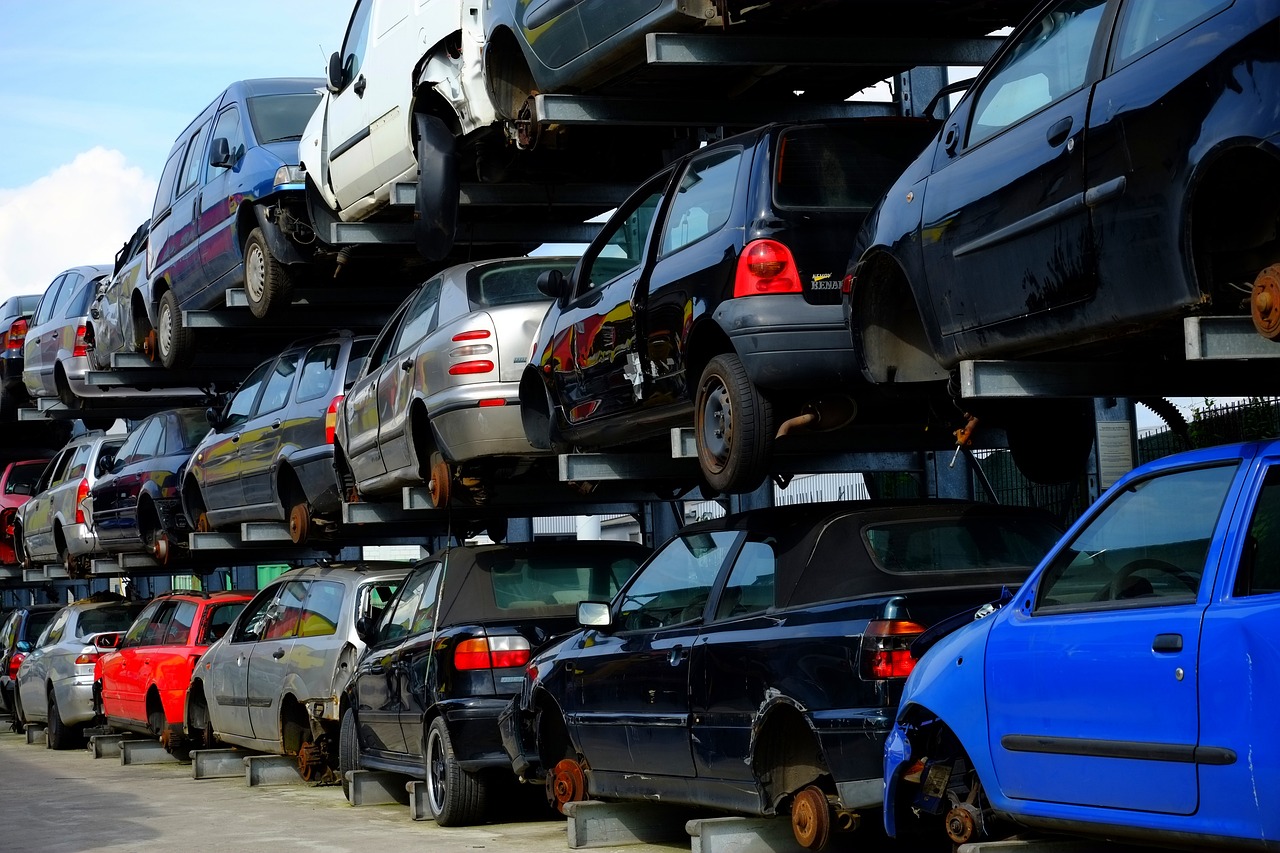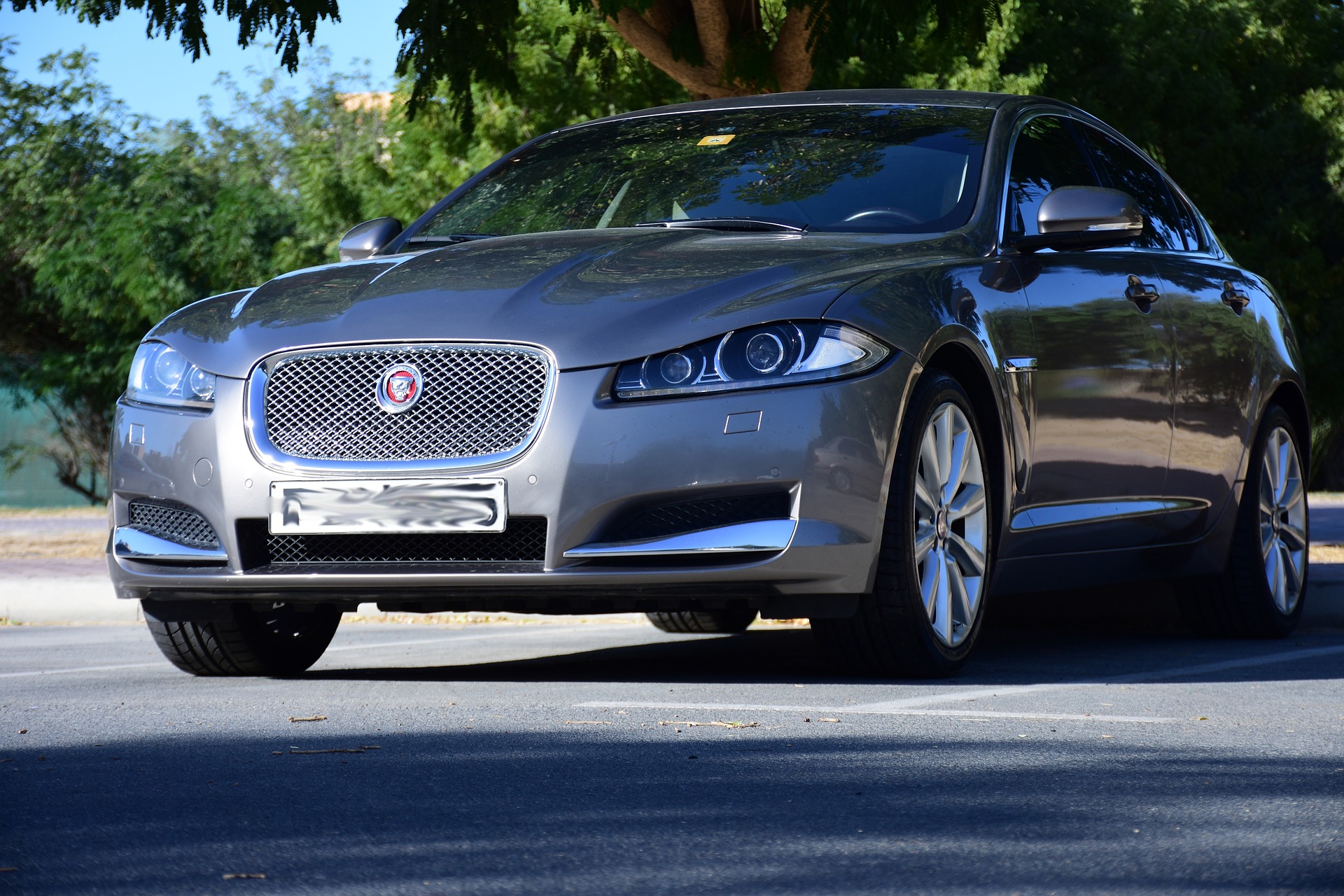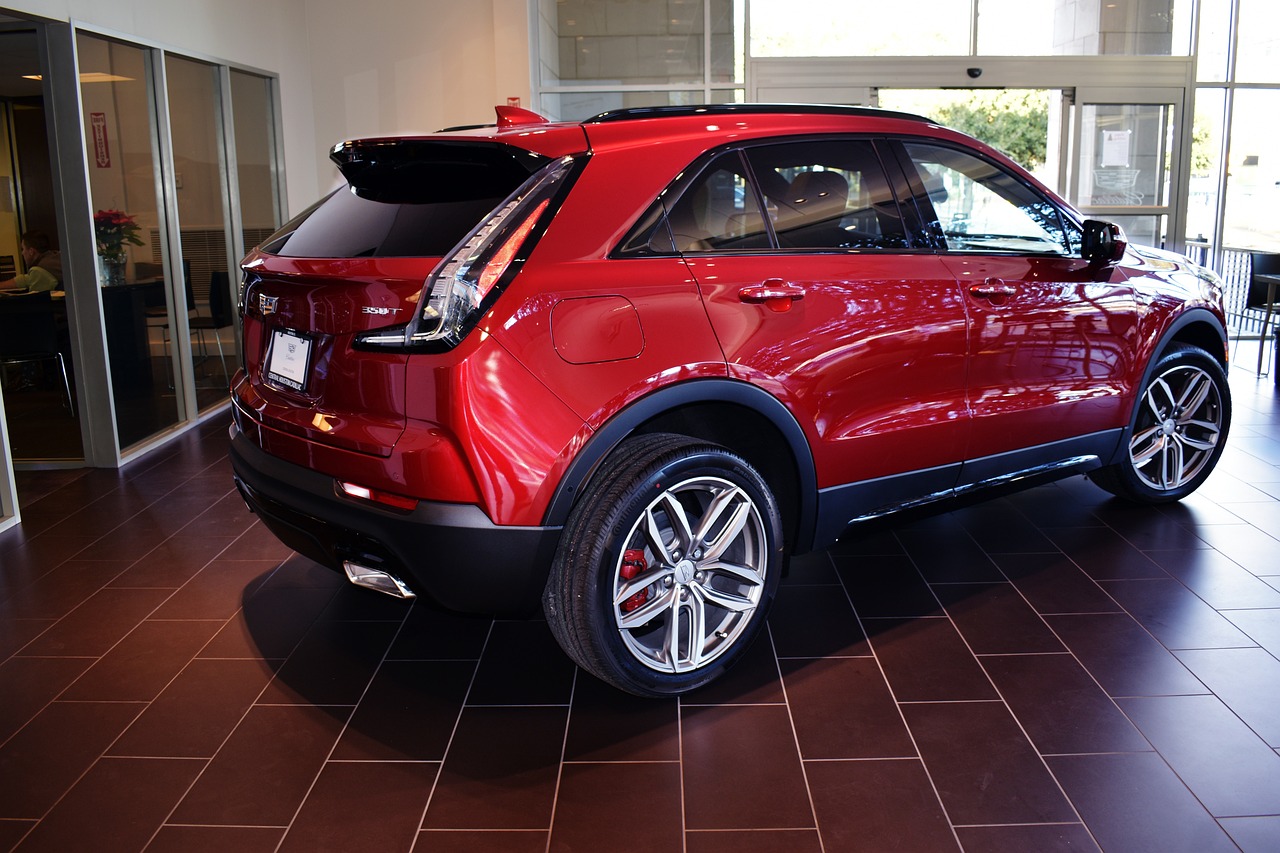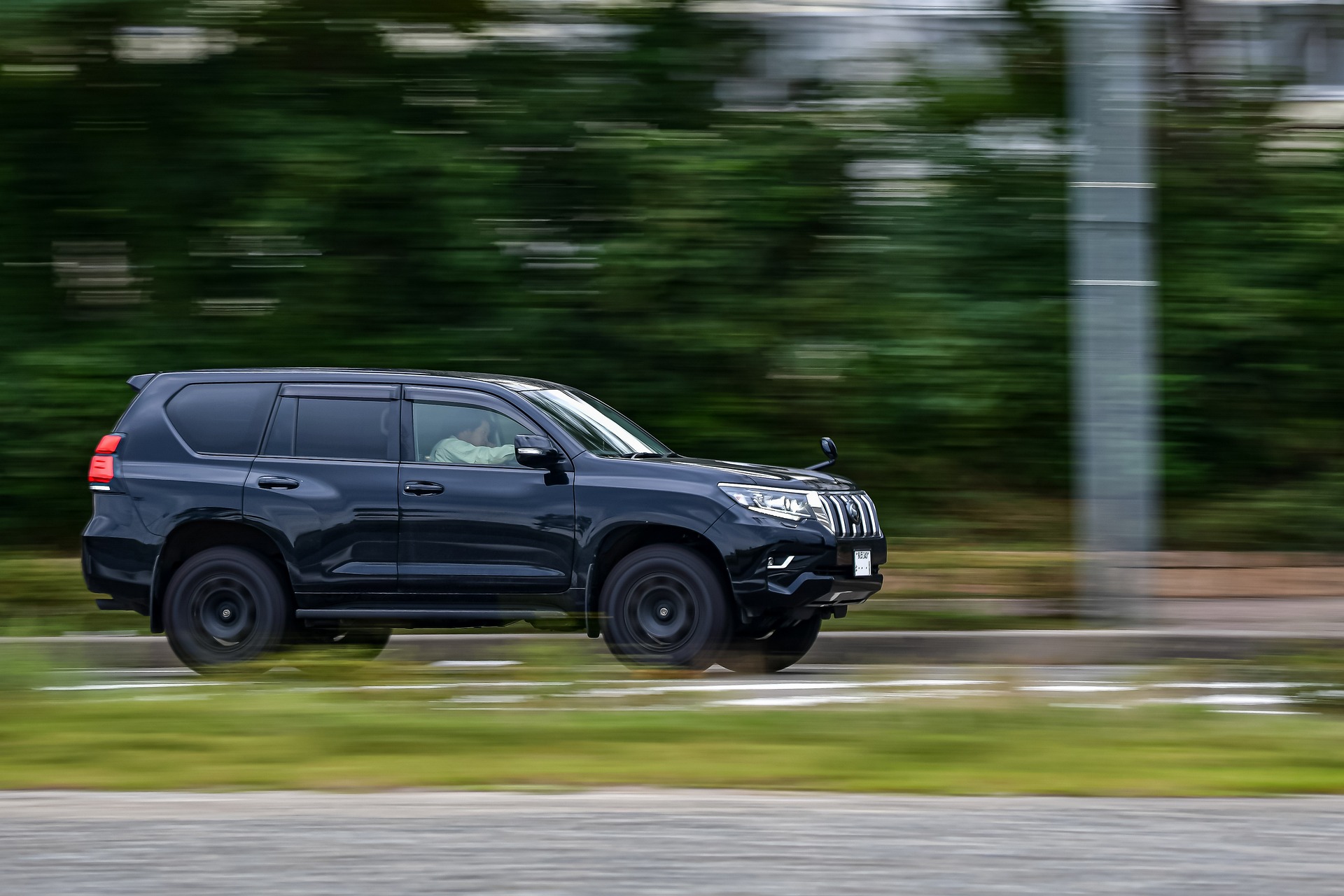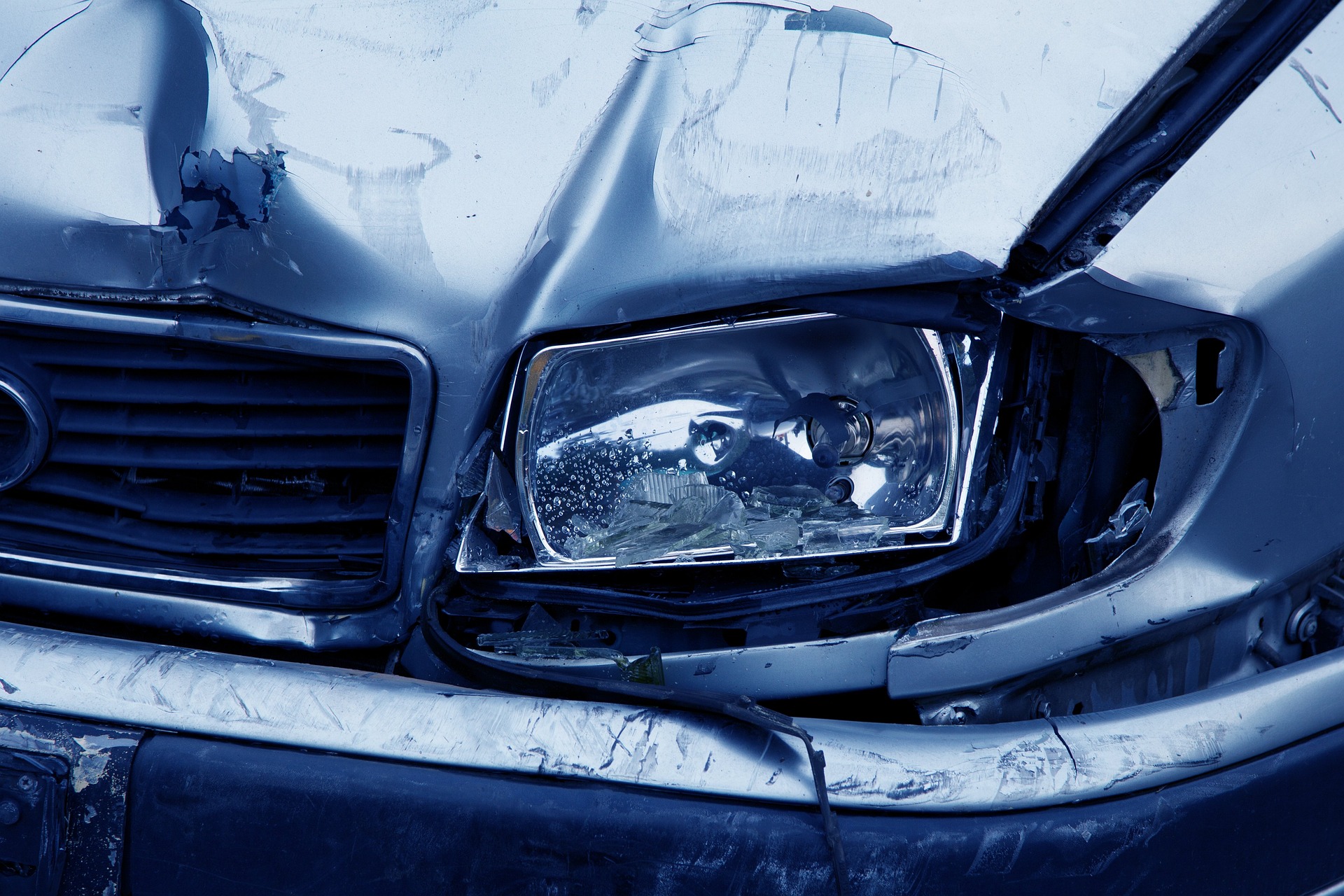We found the following complaints for NORTHWOOD ARCTIC (2002)
Read complaints for NORTHWOOD ARCTIC (2002)
I have experienced failure of three brakes on my 2002 travel trailer.the failure was separation of the brake lining from the brake shoe.as manufactured the linings are bonded to the brake shoe.in each case it was theleading shoe that experienced lining de-bonding.the first failure of a right side brake occurred about two years after delivery, it was found because it smelled very hot.the failure was assumed to be random in nature, both shoes at that one wheel position were replaced.i estimate the trailer had about 2000 miles of use since new.the wheel bearings had been repacked about 500 miles and one month before the incident and no bonding failure was noted at that time with any of the four wheel/ brake assemblies. I do not have the failed parts.the second incident occurredafter about 46 months ofservice. The total mileage is estimated to be about 4000 miles of usage.upon disassembly to re-pack the wheel bearings both left brakes were found to have the leading linings separated from the brake shoes. The brake shoe lining assemblies were replaced at all four wheel positions at that time. I have retained the brake parts replaced for three of the wheel positions, the two failed left side parts plus the original right side partsthat had been on the trailer since new (it has never failed).the axles and brakes were supplied by dexter and are 3500 pound capacity axles equipped with 10 x 2 1/4 inch conventional drum brakes.wheel bearings are conventional.brake wear is minimal.these are electric brakes and have been controlled by a state of the artbrake controller.the trailer has a gvwr of 7500 pounds and a manufacturer estimated empty weight of about 4900 pounds.i think every state in the usa would require that a trailer of this weight be equipped with brakes and i consider the lining de-bonding to be a significant and could reduce the stopping capability of a tow vehicle/ trailer combination.
Insignificant thickness of the shock absorber brackets resulted in bracket failure with related tire blow outs.consumer noticedfractured bracket while parked in a rest stop before it caused the left front tire to blow out.consumer had a conformation form where the manufacturer indicated that wrong material bracket was used. The bracket should have been be 3 1/16 inches thick, but it was only1 1/8 inches thick.
Read more


